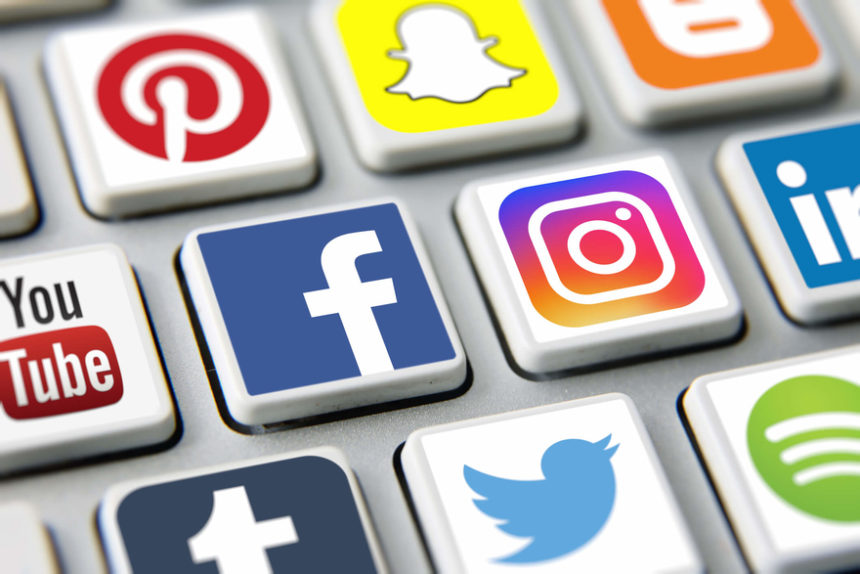Social media is no longer just a numbers game for pharma companies. Counting followers, tallying likes or tracking shares was a good start, but numbers alone can’t tell if business goals are met.
That’s especially true in the current era of paid promotions, where numbers can be artificially inflated. Pharma companies today need to figure out how social media helps them reach the right influencers and key opinion leaders, drive traffic to websites or change perceptions of the products or company.
But how can they do that? Start with good social media health, say researchers at Ogilvy Health.
For its 2020 biennial social media evaluation of 15 global pharma companies, Ogilvy Health moved away from tracking numbers to measures that better quantify the quality and health of pharma social media channels.
Ogilvy Health director of social media Rebecca Canvin and senior digital strategist Rick Evans realized they needed to change parameters after reviewing previous study engagement measures such as likes, clicks and comments.
As Evans said, when they began the research this time, they noticed “quite a lot of strange things going on” around engagement. For instance, many posts with high engagement—that is, lots of likes and comments—didn’t contain very compelling content. Stock photos and medical conference posts would have hundreds of comments, he said. They determined that those overly enthusiastic responses were caused by now-popular paid social media models which can attract spam pick-ups and fake account attention. Although not the fault or intention of the brand, paid social models can falsely skew real engagement.
“In the early days, it was all about the big numbers: who had the largest community of followers, which social page achieved the greatest number of favorites or likes. But the paid social model now means that it’s less about having the biggest following and more about using the sophisticated targeting capabilities of social advertising to reach the right audience at the right time. Through promotion you can ensure a greater number of people see your posts, or even drive more ‘likes’, but does this really make a difference to your business and how the world views your company?” the researchers wrote in the new report.
Pharma companies have advanced over the past few years from experimenting with social media channels to adopting robust social strategies linked across media channels. Social media is now the “shopfront window of the industry,” as Ogilvy Health describes it, where employees, media, healthcare professionals and patients can meet and assess pharma companies directly.
For its 2020 report, Boehringer Ingelheim, AbbVie and GlaxoSmithKline led the pack of seven global pharma companies topping the chart for good social health. Ogilvy Health determined the elite group by evaluating each company across five categories with a possibility of four points for each one.
The categories are:
Corporate identity. This measurement assessed the link among all social channels for a consistent presence, including tone of voice, visual identity, logos and colors schemes. It checks to make sure corporate websites link to all social media channels, which the study found this year that 27% of pharma company websites did not.
Content. This category is all about messaging. Is there one clear, simple and straightforward message for each post? This measurement considered work with internal and external influencers and if the company shares useful content from others. It also looked at the breadth of social, racial and gender diversity in the postings.
Community Management. This analysis measured pharma brands’ interactions with followers, looking at how often and how quickly the company responds to followers. Was the tone and voice of interactions cold and robotic or warm and personalized?
Tech optimization. This category examined whether companies follow the social channels’ guidance for visual and text components such as aspect ratios and text limits. It also looked at mobile optimization for accessibility with the correct use of images, copy, subtitling and text legibility.
Paid Social. With this parameter, Ogilvy Health looked at the use of paid media advertising on Facebook, Twitter, Instagram and LinkedIn. It also analyzed the use of pixel tracking and links to corporate websites and vice versa, which helps determine ad effectiveness.
To gauge social health, Ogilvy Health looked at the corporate social media channels of 15 pharma companies, not individual therapeutic area or news social media channels, if a company had those. It looked at Facebook, Twitter, Instagram, LinkedIn and YouTube social channels over the study time period from August 2019 through January 2020.
Across categories, corporate identity was the strongest performing among all the pharma companies, with 80% operating at a good level, which meant a score of greater than 3. The weakest category was content, with only 40% achieving good social health. Paid social also was a weak area, with six of the 15 companies scoring only 1 point.
Overall, fewer than half of the 15 pharma companies studied achieved Ogilvy Health’s good social health standing. However, the researchers pointed out that some companies could get above the threshold 15-point score with just a few fixes.
Evans and Canvin dove into the study data for FiercePharma to take a closer look at each of the top performers in the following assessments, pulling out both highlights and room-for-improvement areas.


